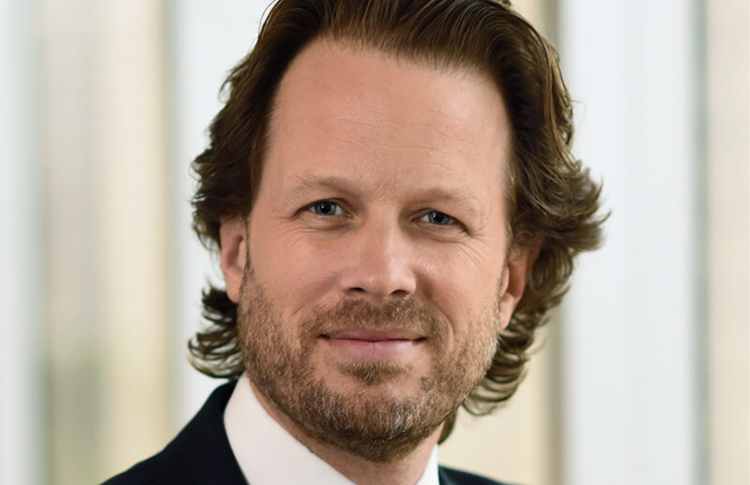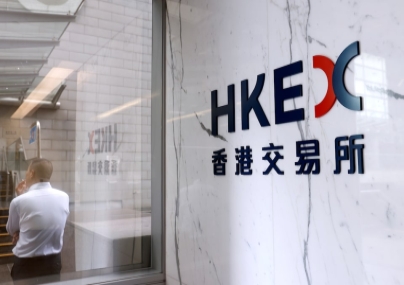
Hong Kong-based ESG-focused law firm Ben McQuhae & Co recently became the first buyer of China's carbon emissions offset credits. ALB talks to the firm’s founder, Ben McQuhae, about the message he is sending behind this bold move, and how law firms can bolster their ESG credentials.
ALB: Your firm recently invested in a significant chunk of Chinese carbon emission credits. What was the motivation, and what message do you hope it will send?
McQuhae: Motivation and message are really two sides of the same coin, and I think it would help me frame my response to your question if I could first explain a little bit about my firm. You may be aware that sustainability is hard-wired into the DNA of my law firm, and this is what makes us unique as a firm. For this reason, we operate at the intersection, as I would describe it, of law, of ESG, and also of innovation. We’re committed to accelerating sustainability, and we do that by only taking on work that is aligned with the United Nations Sustainable Development Goals (SDG). You’ll be aware that decarbonization is central to achieving climate goals and tackling global warming, and to me, there’s no more compelling motivator than saving the planet, and making money in the process.
So, at the business level our firm is active in establishing a global market for carbon trading and international best practices in Hong Kong, and this makes us uniquely placed to design and execute this first contract, the first offshore China Certified Emission Reduction (CCER) contract. In other words, we’re sort of front and centre in this space.
The second motivation I would say for us is that we want to help demonstrate the developing carbon market.
Frankly, it’s easier and more efficient for us to make the first move and do this first trade, than to wait for others to overcome whatever reservations they may have when it comes doing it themselves.
And now, coming to the message that I hope this first trade will send. Let me just say to market participants and corporates, especially those corporates that have committed voluntarily or otherwise to reducing their emissions and achieving net-zero carbon: Hong Kong is a world-class place to trade carbon. However, we should only be buying so-called high integrity carbon credits including, of course, high integrity CCERs.
Another message that I hope to deliver is that lawyers and law firms are uniquely placed to accelerate positive change. As an industry, we will need to be more value-driven, we will need to be more creative, but we can have a huge and important impact if we choose to.
ALB: Many law firms are now emphasizing ESG. From your own experience, what are some of the bolder steps that firms could take to reshape the conversation going forward?
McQuhae: First things first, ESG is very new to the law industry. I expect most firms are still trying to understand sustainability transformation, and what it means for their own business as well as their clients’ businesses. I think it’s fair to say that the law industry is not known for being particularly proactive, which is why for many, it feels like ESG had come out of nowhere. But people need to understand that ESG is broad, is complex, and in practice, it’s going to take time and significant investment from law firms to upskill in this area.
The second thing I would suggest - because this works for us - is you have to invest in talent, and you have to upskill. You can’t retool a lawyer as an ESG expert any more readily or any more quickly than you could retool an ESG expert to be a lawyer. This is why our client offering combines a package of legal skills, ESG domain expertise, as well as thought leadership because that’s frankly what our clients increasingly need.
Finally, I would say that law firms have to contribute addition-ally and really lead by example. In the case of my firm, we developed our SDG tracker, which is a methodology that we apply to all of our perspective mandates to score the impact, or I should say the intended impact of our work. We also have a decarbonization strategy that allows us to measure and eliminate our carbon footprint, and I’ve made both open sources for other firms to adopt and hopefully help us develop and improve. If we, as a small boutique law firm in Hong Kong, can make a positive difference, then you just imagine the potential collective impact our industry could have if we all chose to contribute.
To contact the editorial team, please email ALBEditor@thomsonreuters.com.


